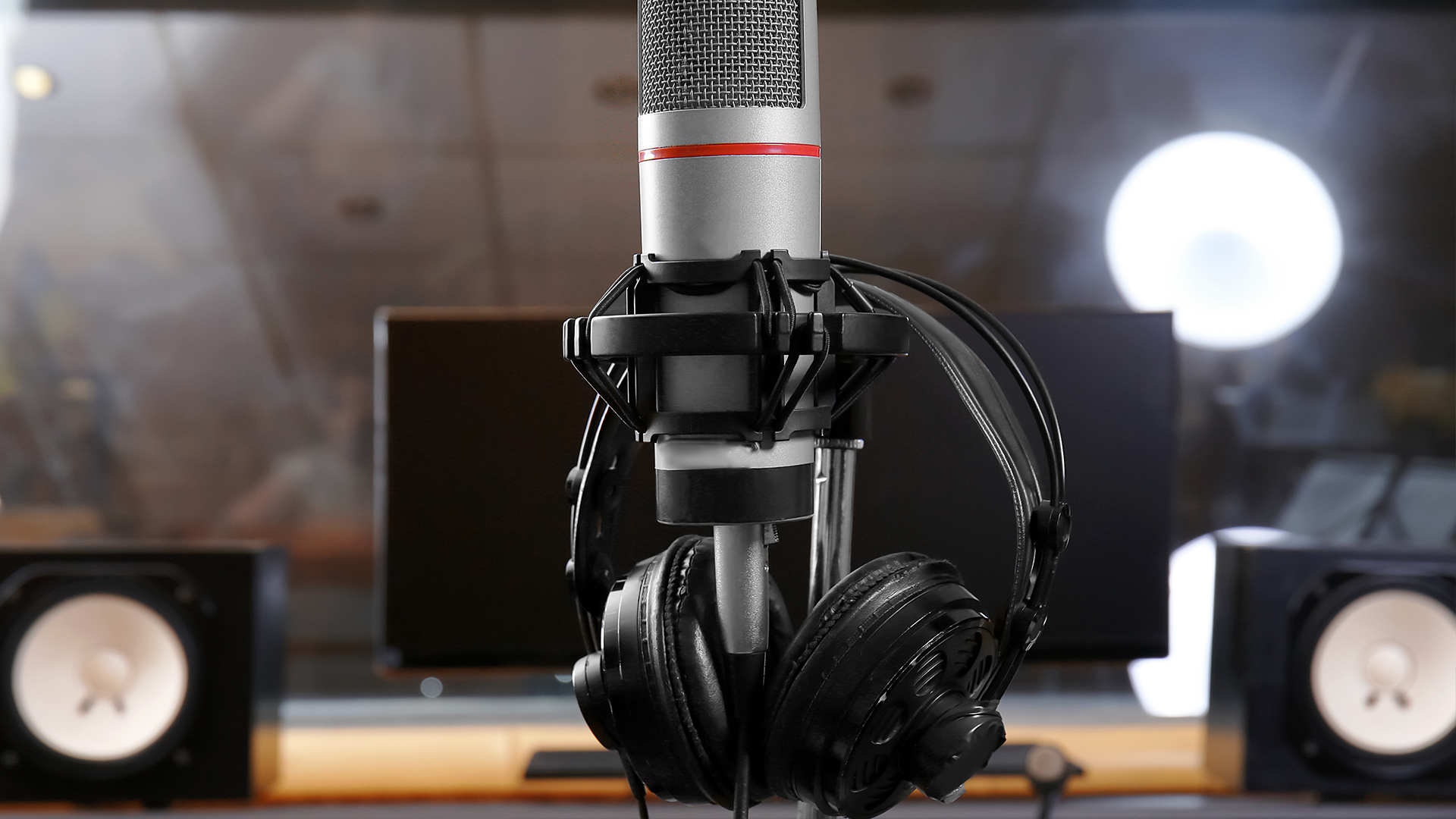Key Takeaways
- Audiophiles prioritize high-fidelity audio for accurate sound reproduction.
- Audiophile-grade equipment is expensive, potentially limiting enjoyment for those with budget constraints.
- Non-audiophiles may not perceive additional benefits of high-end setups.
Audiophiles are one of the most exacting communities, and there’s a whole market of expensive equipment aimed at these picky consumers of music, but is being an audiophile something to aspire to? If you ask me, being an audiophile sounds like something I never want to be.
What It Means to Be an Audiophile
An audiophile is someone who wants the highest-fidelity audio, which doesn’t just mean raw quality, but also the most accurate reproduction of a recording. So any “enhancements” to a recording which may make the music sound more pleasing would not appeal to an audiophile, because it makes the reproduction less faithful to the original sound recording, or to what the creators of the recording intended audiences to hear.
Audiophiles Can’t Have a Good Time on a Budget
You’ll find plenty of “audiophile grade” equipment, from extremely high-end headphones to audio cables that make claims about their purity and effect on quality. Invariably, this stuff is expensive! It’s not uncommon for audiophiles with the means to spend literally thousands of dollars on equipment and room acoustics.
The problem isn’t so much that these people can appreciate the finest in sound reproduction mortgages, it’s that I’ve often seen them say they can’t listen to anything less. That’s the real problem, when you have a bar set so high that you effectively cut yourself out of the sweet spot for music or other audio enjoyment.
Non-Audiophiles Aren’t Missing Anything
Some of the stuff you can buy is pretty esoteric, and makes claims about audio quality that only audiophiles seem able to hear. This is a running theme in the audiophile community, who often claim to hear things that are completely subjective and not measurable by any sort of equipment. So if we non-audiophiles can’t hear the additional benefits those huge time and money investments bring, is that a bad thing?
Do audiophiles get more pleasure from listening to music on these high-end setups than the typical person on a good mid- to high-end consumer headphone set? As someone who both plays and listens to music, I can appreciate a good audio setup, but the returns don’t just diminish, they fall off a cliff at around the same time as the price tags go vertical.
Honestly, I hope I never develop audiophilia, because ignorance is bliss and my music sounds better than it ever has on my AirPods Max, which represents pretty much the upper limit of how much money I could ever spend on a set of tiny ear speakers.
Is There a Cure for Audiophilia?
If you think you might be an audiophile, and your credit card is empty while your drawer is full of magical gold-plated cables and vacuum tube amplifiers, then there may be hope for you yet. Maybe you should start by having a friend help you run a small double-blind experiment using your setup and something less fancy. Can you reliably tell the difference? What if you just swapped out the cables? Can you tell the difference? How much of your perception is coming from you, and how much is coming out of your current speakers?
It’s, of course, true that there is such a thing as better audio reproduction, but the point where regular folks and audiophiles claim they can’t hear any difference are on very different parts of the spectrum. The term “audiophile” has definitely experienced some misuse, and plenty of people who call themselves audiophiles are actually just people who like high-quality audio. That’s not the sort of person I’m talking about here, it’s the “true” audiophile, in the pure sense of the word, who is cursed to chase the impossible dream of perfect audio reproduction. At some point, it’s probably just cheaper to hire musicians to perform in your living room instead.





